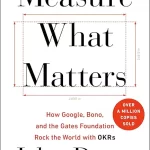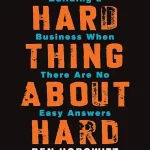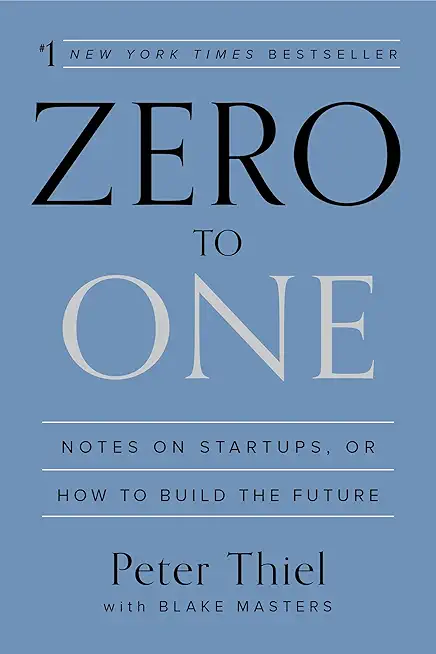
Measure What Matters – John Doerr

The Hard Thing About Hard Things – Ben Horowitz
Title: Zero to One
Author: Peter Thiel & Blake Masters
Main Idea
Zero to One explores how to create unique innovations that build new value rather than simply copying existing ideas. The book emphasizes the importance of thinking boldly to achieve breakthrough progress.
Key Points
-
Going from Zero to One vs. From One to N:
- Doing something entirely new (“zero to one”) is much harder and more valuable than copying or improving on existing models (“one to n”).
- True innovation requires originality and creating new technology or products rather than incremental improvement.
-
Monopoly vs. Competition:
- Monopolies drive innovation because they have the freedom and resources to invest in the future.
- Competition erodes profits and discourages long-term thinking by forcing companies to focus only on surviving the short term.
-
The Secrets of a Successful Startup:
- Successful startups build proprietary technology that is at least 10x better than current alternatives.
- They start in small markets and scale up only after dominating their niche.
-
Founders and Vision:
- Founders are crucial because they set the vision and culture of the startup.
- A strong, unified founder team with a clear vision helps to maintain focus and overcome obstacles.
-
The Importance of Sales and Distribution:
- Great products don’t sell themselves; effective sales and marketing strategies are essential for scaling.
- Distribution is as important as product innovation in building a successful company.
-
The Future is Built Today:
- The next wave of technological and business breakthroughs depends on creating new ideas now rather than replicating old ones.
- Staying optimistic about the future encourages bold innovation and risk-taking.
-
Last Mover Advantage:
- Unlike the common belief in first-mover advantage, the book argues it’s more important to be the last mover in a market — the company that ultimately dominates and shapes it.
-
Avoiding the “Indefinite Optimism” Trap:
- Indefinite optimism, the belief that the future will be better without concrete plans, leads to complacency.
- Definite optimism, with clear plans for building the future, drives real progress.
Review
- The book is a compelling guide to entrepreneurship and innovation, stressing that building something new and valuable requires rigorous planning, bold thinking, and a long-term vision.
- It challenges conventional wisdom about competition and encourages startups to strive for monopoly-created breakthroughs, backed by strong founding teams and smart sales strategies.
Recommendation
- Highly recommended for entrepreneurs, startup founders, business strategists, and anyone interested in how to create transformative companies and innovations.

